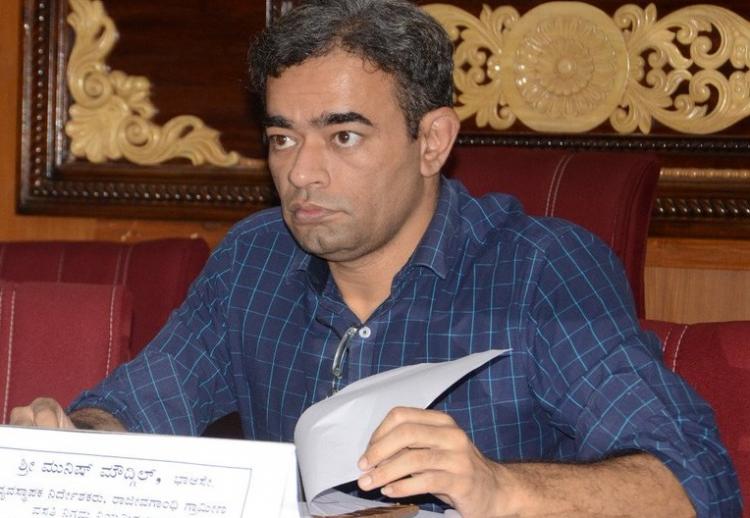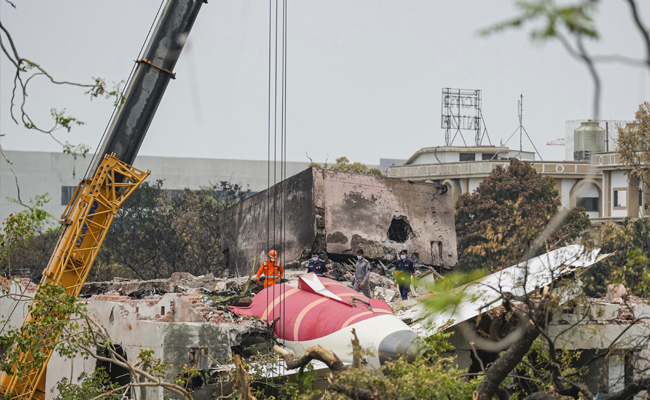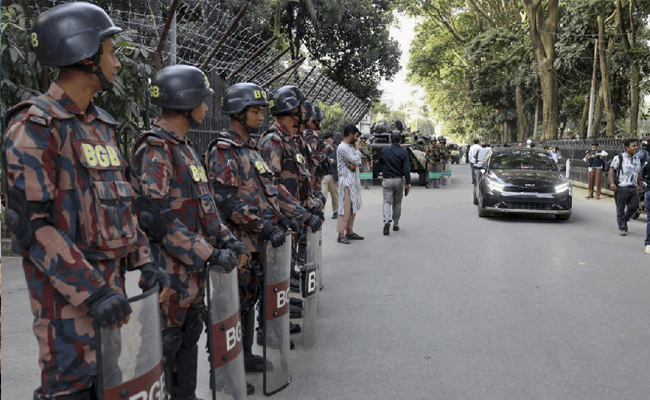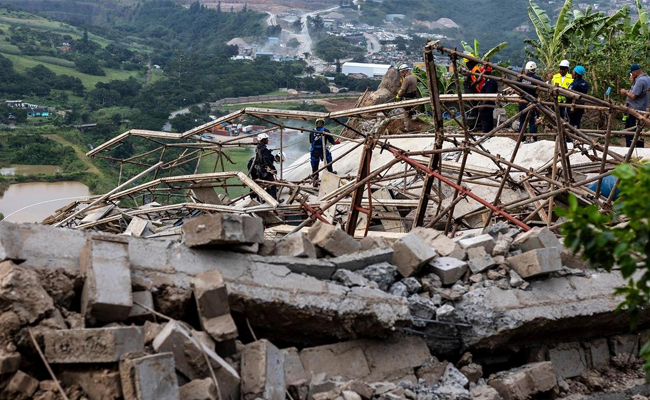Bengaluru, Jan 8: The Karnataka COVID-19 war room analysis into the infections in the past seven days from January 1 to 7 has revealed that unvaccinated people are 30 times more likely to land in the Intensive Care Unit than the vaccinated, an official said on Saturday.
Karnataka COVID-19 War Room chief Munish Moudgil said unvaccinated people are 10-times more likely to have manifested COVID infection than vaccinated.
"The unvaccinated people are 30 times more likely to land in ICU or High Dependency Unit (HDU) as compared to the vaccinated," he said in his analysis.
He explained the methodology to arrive at the conclusion.
According to him, with 97 per cent citizens vaccinated and three per cent unvaccinated, ideally if both were equally vulnerable to COVID, then for every 100 COVID cases or hospitalised cases, 97 people should have been vaccinated and three should have been unvaccinated.
"But, proportionately unvaccinated constitute 10 times COVID patients and 30 times more in ICU than expected," Moudgil explained.
"Vaccination surely helps a lot to avoid COVID complications and everyone eligible must take it," the IAS officer concluded.
Regarding the possibility of overwhelming majority of patients who are vaccinated fully, Moudgil said many in hospital general beds could be out of their own precaution. The actual number of people in the ICU will give the real comparison, he opined.
Let the Truth be known. If you read VB and like VB, please be a VB Supporter and Help us deliver the Truth to one and all.
Ahmedabad (PTI): Six months after the AI-171 plane crash, the B J Medical College hostel complex in Ahmedabad stands as a haunting reminder, with its charred walls and burnt trees replacing the once lively chatter of students with an eerie stillness.
Scattered across the crash site are grim remnants of daily life - burnt cars and motorcycles, twisted beds and furniture, charred books, clothes and personal belongings.
The Atulyam-4 hostel building and the adjoining canteen complex stand abandoned, with entry strictly prohibited.
For residents near the site, memories of the incident still linger, casting a lasting shadow on their lives, with some of them saying they are still afraid to look up at the sky when an aircraft passes overhead.
On June 12, Air India flight AI-171, a Boeing 787-8 Dreamliner bound for London, crashed moments after take-off from the Sardar Vallabhbhai Patel International Airport, killing 260 persons.
The aircraft slammed into the BJ Medical College hostel complex in Meghaninagar, turning a lively student neighbourhood into a landscape of ruin and grief.
"The area now lies very silent, only a few birds chirp here," Sanjaybhai, a security guard deployed at the premises by authorities to prevent trespassing, told PTI.
Mahendrasingh Jadeja, a general store owner whose shop is just 50 metres from the point where the aircraft struck, described it as an unimaginable calamity. "In all my years, I have never seen anything like this."
Pointing to a tree behind his shop, the 60-year-old said the aircraft first struck there before crashing into the hostel building.
"It was a scorching summer afternoon. Not many people were outside. When I heard a loud crashing sound, I ran out of my shop. We were all terrified," he recalled.
"Even today, we instinctively look up whenever a plane passes overhead," he added.
Another local, Manubhai Rajput, who lives barely 200 metres from the site, said he witnessed the horror unfold on June 12.
"The plane was flying unusually low. Before I could understand what was happening, there was thick black smoke and a deafening crash," he said.
For over three decades, Rajput and his neighbours lived close to the airport without giving much thought to the aircraft overhead.
"We never looked up at the sky. But that day is etched in my mind. The plane hit a tree first, and then there was a loud sound," he said.
Rajput recalled how hundreds of locals rushed to the site even before police, fire services or the Army arrived.
Tinaben, another resident of Meghaninagar, said she never imagined something like this could happen in Ahmedabad.
"Despite being close to the airport, this area always felt safe," she said.
As an aircraft roared overhead during the conversation, Tinaben paused, looked up nervously and said, "It's still scary."
A senior official of Civil Hospital Ahmedabad, speaking on condition of anonymity, said the state government has yet to decide what to do with the damaged site.
Currently, investigations are going on and the site is strictly prohibited for people, he added.





